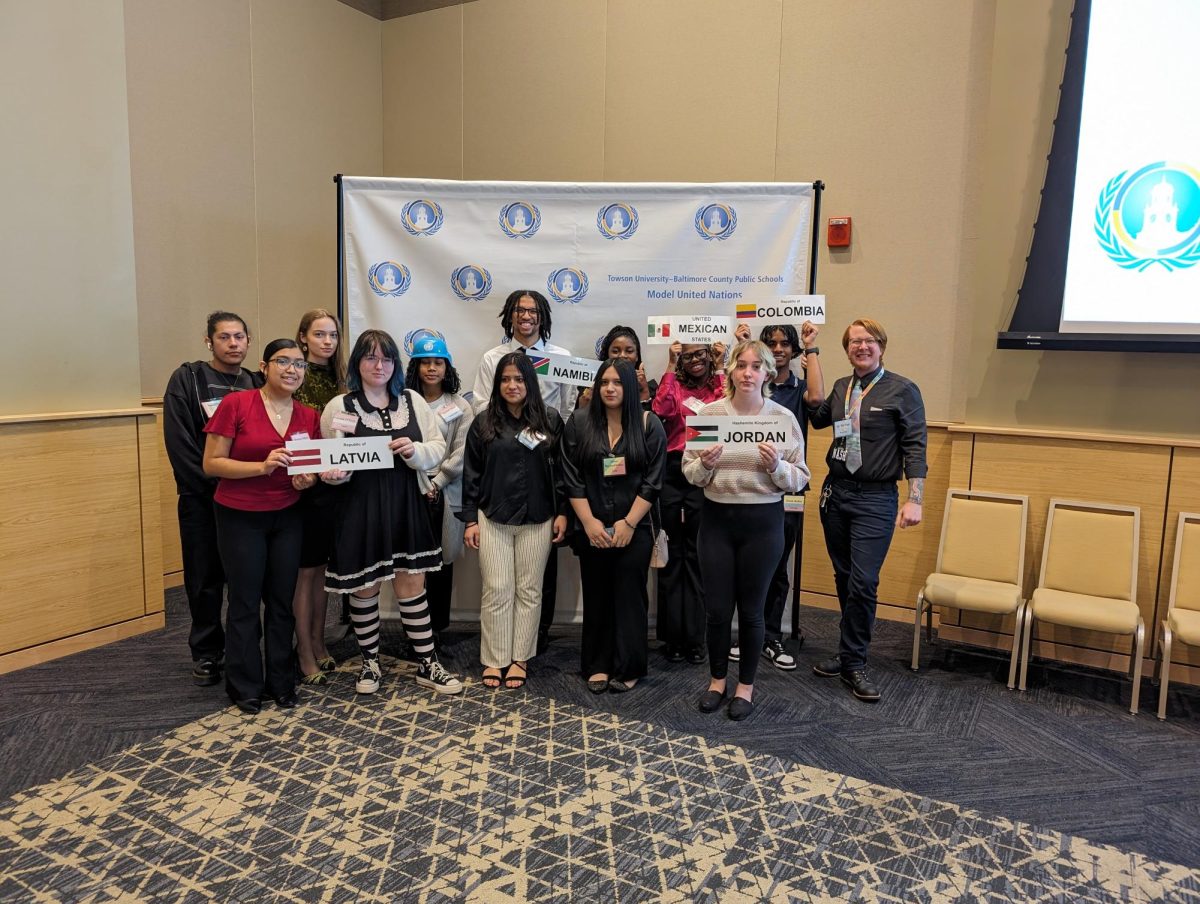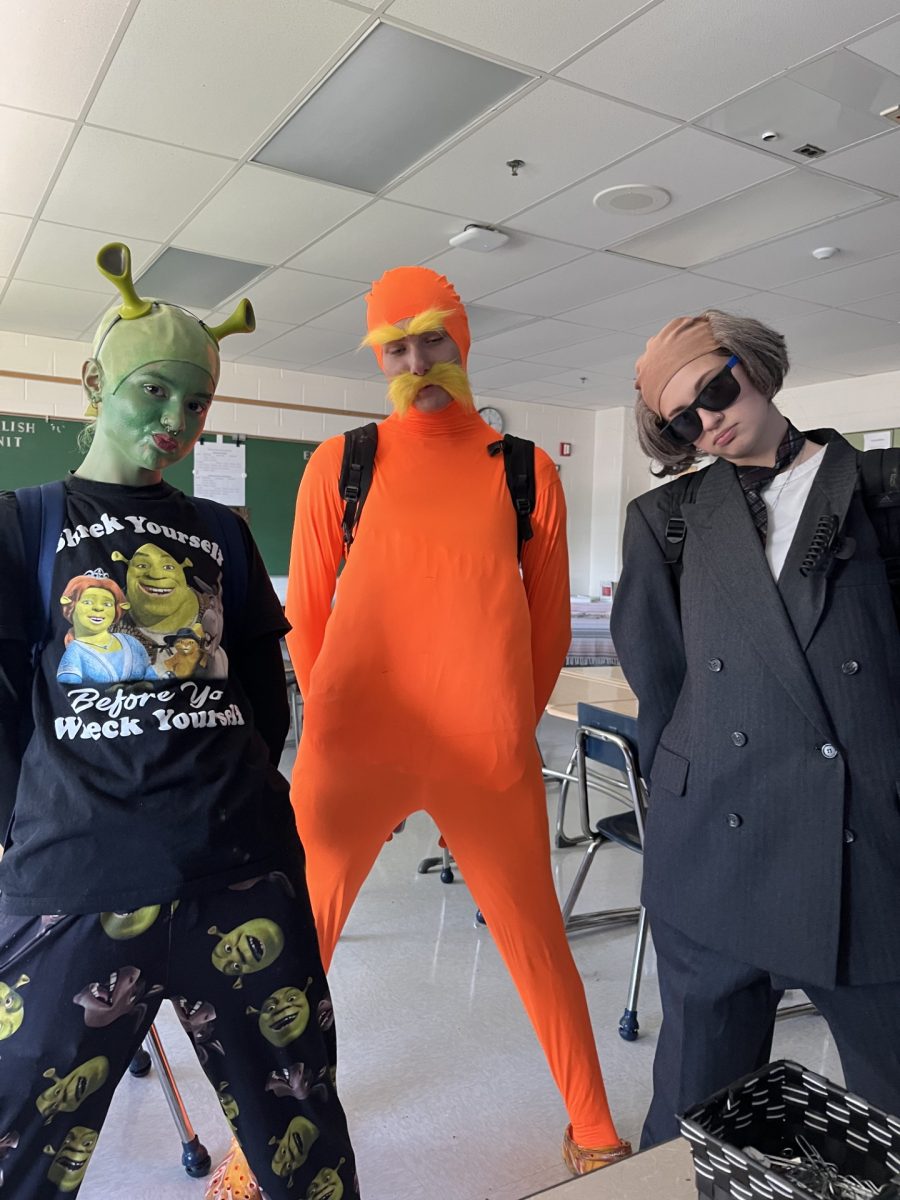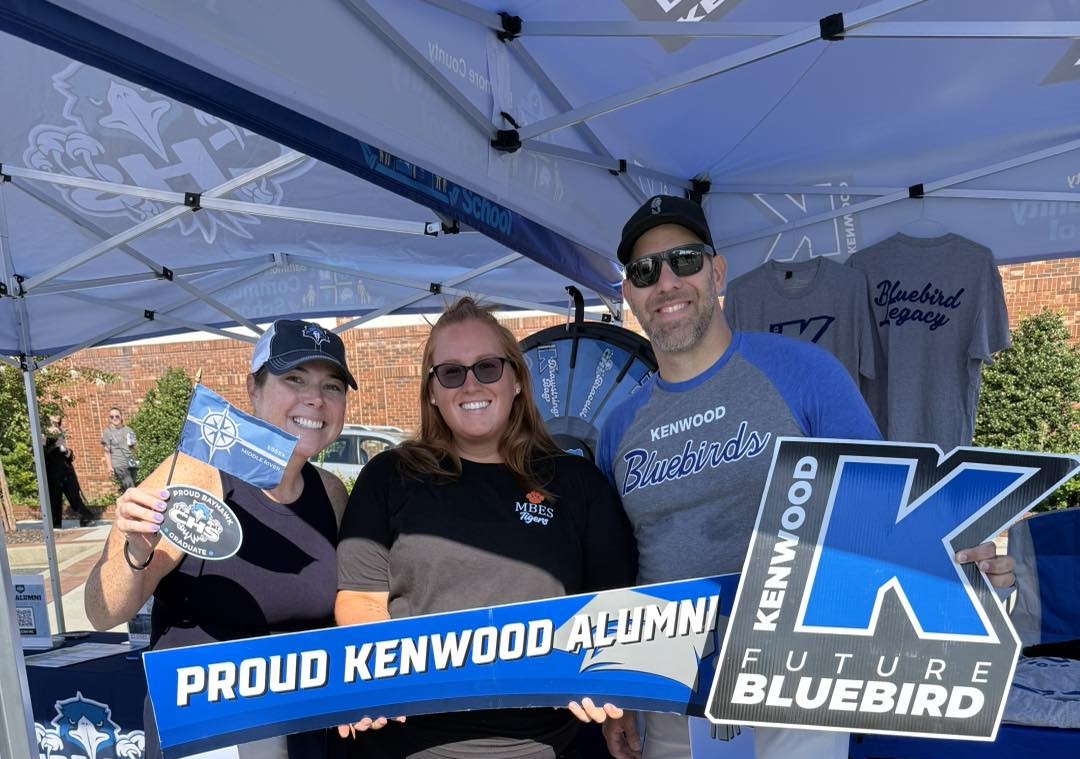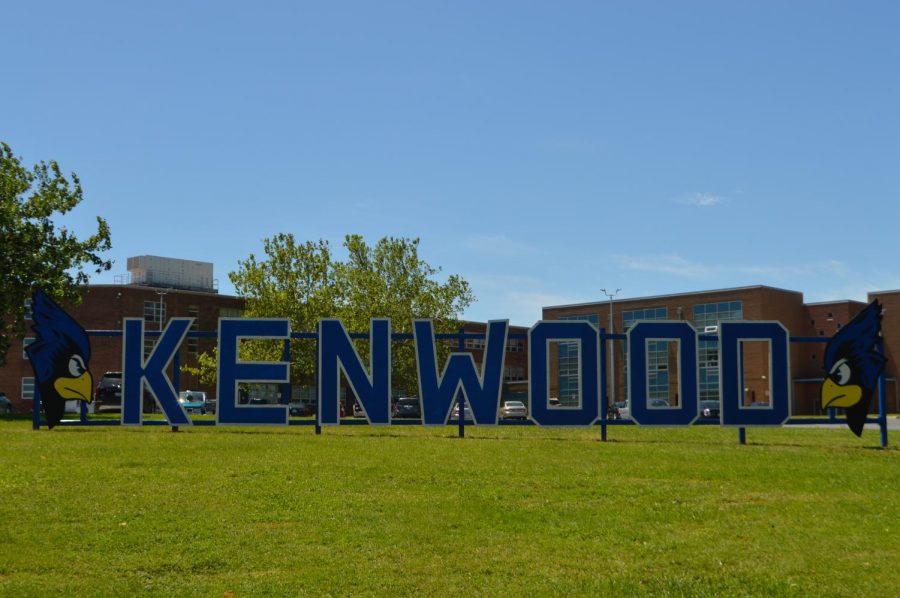There are many countries with histories intertwined and ongoing relations. At Kenwood, we offer our own model version for students, enabling them to get into the mind of a country’s representative and learn how to keep positive relations with other countries.
While many may have heard of the United Nations, few are familiar with its specific functions. Who is in the UN, and how has their decisions affected other countries, positively or negatively? Is it mainly focused on trade and exports? Through the Model UN club, students gain direct insight into the UN and its functions, providing them with a clearer understanding of its operations and how to effectively “model it.”
First we must understand what the UN is. Mr. Nash, the coordinator of Kenwood’s Model UN club, describes the United Nations as “an international organization that is a forum for countries to work out disagreements and set common goals.” He notes the UN’s 18 Sustainable Development Goals (SDGs), is designed to help all countries. Additionally, he mentions that there are just under 200 countries represented at the UN, along with non-country groups sending representatives. The Model UN club attends conferences that emulate actual UN conventions, usually discussing one topic each year. The UN is a common ground for countries to come together and discuss topics on how to improve their country. For instance, the club recently attended the TU-BCPS UN conference, which centered around SDG:6 Clean water and Sanitation.
The club serves as a platform for students to “learn about different countries, practice their public speaking and negotiation skills, meet students from all over the county (300+), and learn about career opportunities in diplomacy.” Mr. Nash highlights the collaboration between high schoolers and Towson University students in developing ideas as a particularly rewarding aspect. He describes the club as being an easy gateway for high school students interested in working in politics. While the conferences may be fake, they address many real issues and topics. For example, the club participated in a smaller conference at Mount St. Joe’s focused on urban design and sustainability. These conferences aim to widen students experiences with advocating for themselves and rationalizing.
Joining the model UN club isn’t a heavy task. “Having background knowledge about the world is a must, but a lot of the skills needed at the conference can be learned pretty quickly,” explains Mr. Nash. Returning students and himself plan to design a series of challenges next year to identify strong delegates. Additionally, they intend to conduct mock conferences to practice and bring newcomers up to speed. The club provides one of the few opportunities at the high school level to broaden students’ knowledge of world politics.
Participating in clubs like the Model UN introduces students to diverse experiences and opportunities for debating conflicting opinions. It can serve as an entry point to politics, help with public speaking skills, and nurture self-advocacy. Participants gain insights into the challenges and tribulations of maintaining quality of life, potentially preparing them for impactful decision-making roles in the future.






